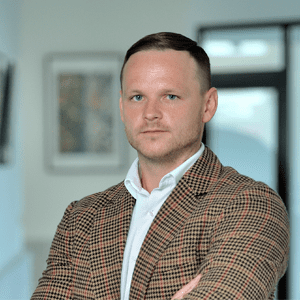Dutch construction and manufacturing companies are hampered by reduced demand, emissions issues and skilled labour problems
Recent reports from the credit insurance company Atradius reveal signs of a slowdown in Dutch construction and manufacturing. The report on manufacturing revealed that, despite robust growth and high demand in 2018 and Q1 of 2019, recent downsides are being felt in the Dutch metal and steel sector. Along with reduced automotive demand, part of the slowing could be attributed to pressure from the EU for Dutch builders and farmers to reduce nitrogen emissions, thus putting construction and infrastructure projects on hold.
The construction industry has also begun to slow in the Netherlands, as identified in another report from Atradius. As was the case with manufacturing, there was healthy growth in construction in 2018, but then began losing steam in 2019 due in part to fixed price agreements and a shortage of skilled labour.
Not surprisingly, financial pressures are multiplying for both Dutch construction and manufacturing companies. The report noted that the average length for manufacturing companies to receive payment was 45 days, making a bad situation worse. However, it was found to be even more troublesome for the construction industry, with an average payment duration of 60-90 days, increasing stress on already-thinning profits and reduced capital. These grim reports reveal that both of these industries will need to do everything they can to maintain profitability and return to growth.
Fintech companies like Factris are proving to be invaluable for many construction and manufacturing businesses in need of relief from lengthy payment periods. This financial relief is provided via a financing method called “factoring”, where the unpaid invoice is sold to Factris for a small fee. Factris then provides the company with the capital they need—often on the same day—instead of having to wait 45-90 days for payment.
Notes CEO Brian Reaves, “Businesses who have to wait long periods for payment are benefiting a great deal from factoring. It’s the most simple, direct solution for an invoice that isn’t being paid.”
This article has been revised by

Edmundas Volskis
Chief Risk Officer
Edmundas Volkis is a vital organization member responsible for identifying, assessing, and mitigating risks that could impact the company’s goals. In 2015, he was the first employee at Factris, besides the managing director.
Edmundas previously worked in data analysis and business consulting. The CRO deeply understands the organization’s business model, operations, risk appetite, and current and emerging risks that could affect the company.

